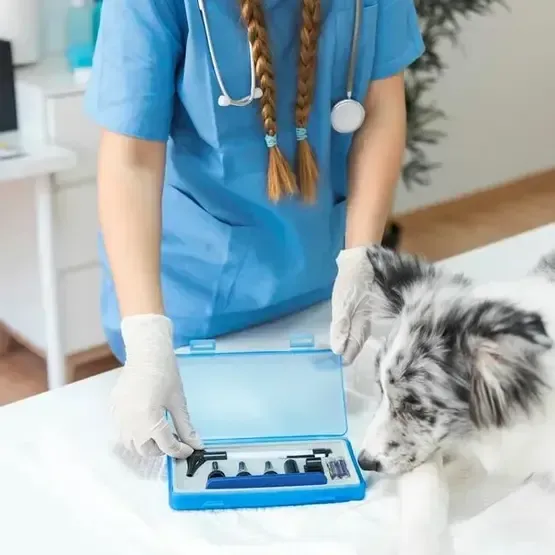Comprehensive Dog Lab Tests in Stockton, CA
Understanding Dog Lab Tests: A Comprehensive Guide
Dog lab tests are essential tools used by veterinarians to diagnose and monitor various health conditions in dogs. These tests involve analyzing blood, urine, or other bodily fluids to assess a dog's overall health, identify underlying diseases, and monitor treatment progress.
Common Dog Lab Tests
Complete Blood Count (CBC)
Evaluates the number and types of blood cells.
Helps diagnose infections, anemia, and other blood disorders.
Chemistry Panel
Measures levels of various substances in the blood, such as glucose, electrolytes, and liver and kidney function tests.
Helps identify diseases affecting organs like the liver, kidneys, and pancreas.
Urinalysis
Analyzes the physical, chemical, and microscopic properties of urine.
Helps detect urinary tract infections, kidney disease, and other urinary disorders.
Fecal Exam
Examines a stool sample for parasites, bacteria, or other abnormalities.
Helps diagnose intestinal parasites, digestive disorders, and other intestinal problems.
Thyroid Tests
Measures thyroid hormone levels.
Helps diagnose hypothyroidism, a common endocrine disorder in dogs.
Heartworm Test
Detects heartworm infection, a serious parasitic disease.
Other Specialized Tests
Depending on the specific health concern, veterinarians may recommend additional tests, such as:
Electrolyte Panel: Measures levels of electrolytes in the blood.
Liver Function Tests: Evaluates liver health.
Kidney Function Tests: Assesses kidney function.
Pancreatic Function Tests: Evaluates pancreatic function.
Hormone Tests: Measures hormone levels to diagnose endocrine disorders.
When to Consider Lab Tests
Your veterinarian may recommend lab tests in various situations, including:
Routine Wellness Checkups: To assess overall health and identify potential problems early on.
Investigating Specific Symptoms: To diagnose conditions such as lethargy, weight loss, vomiting, or diarrhea.
Monitoring Chronic Diseases: To track disease progression and adjust treatment plans.
Pre-Anesthesia Screening: To assess a dog's health before surgery.

Testimonial
What They Say

Was looking for a new Vet near me in Stockton and very happy with Walker Vet Hospital! Customer service, informative, and compassionate with staff and doctors. Give a 10 out of 10. Taking all three of my dogs there happily.


Rae W.

Good value and knowledgeable. No waiting most of the time. Always 2-3 doctors at a time and weekend care available which is appreciated. All of our three dogs been going to Walker Vet in Stockton for some time now. Never any complaints.


Nick G.

Review Us!
Visit our Google review page to share your feedback

Review Us!




